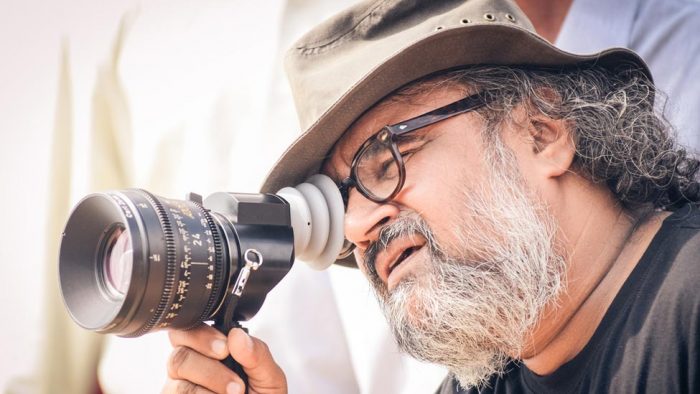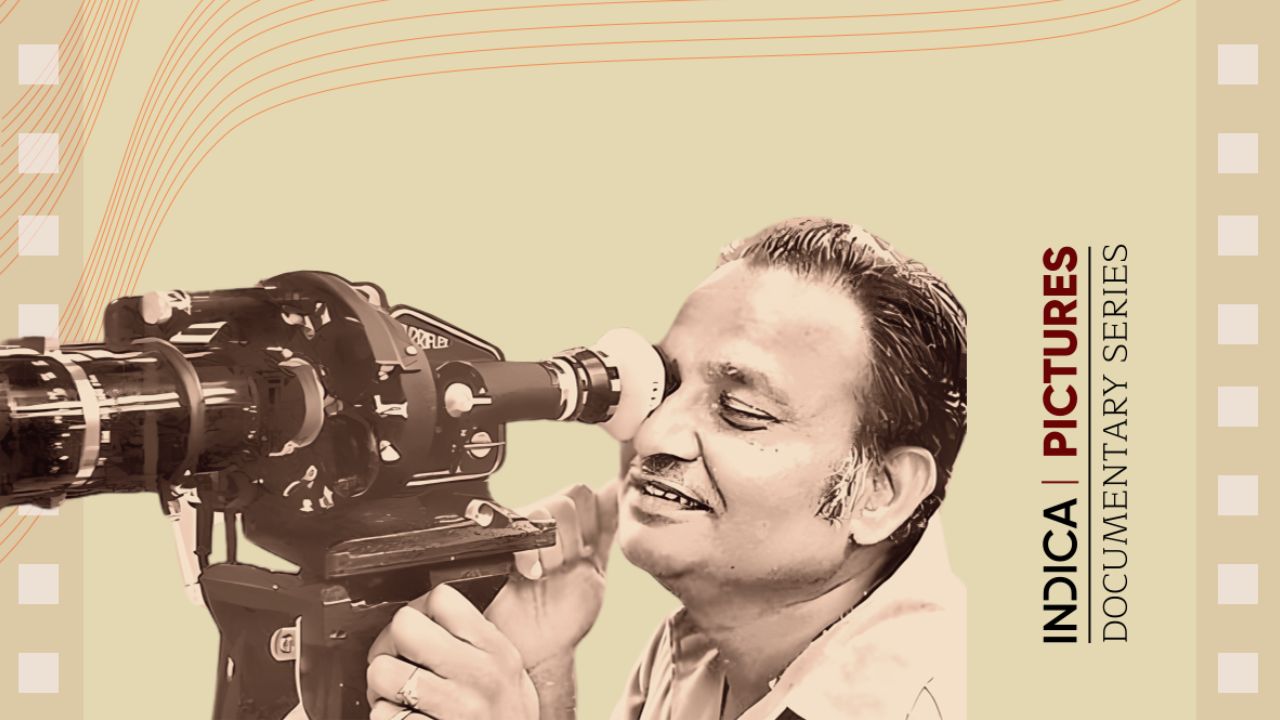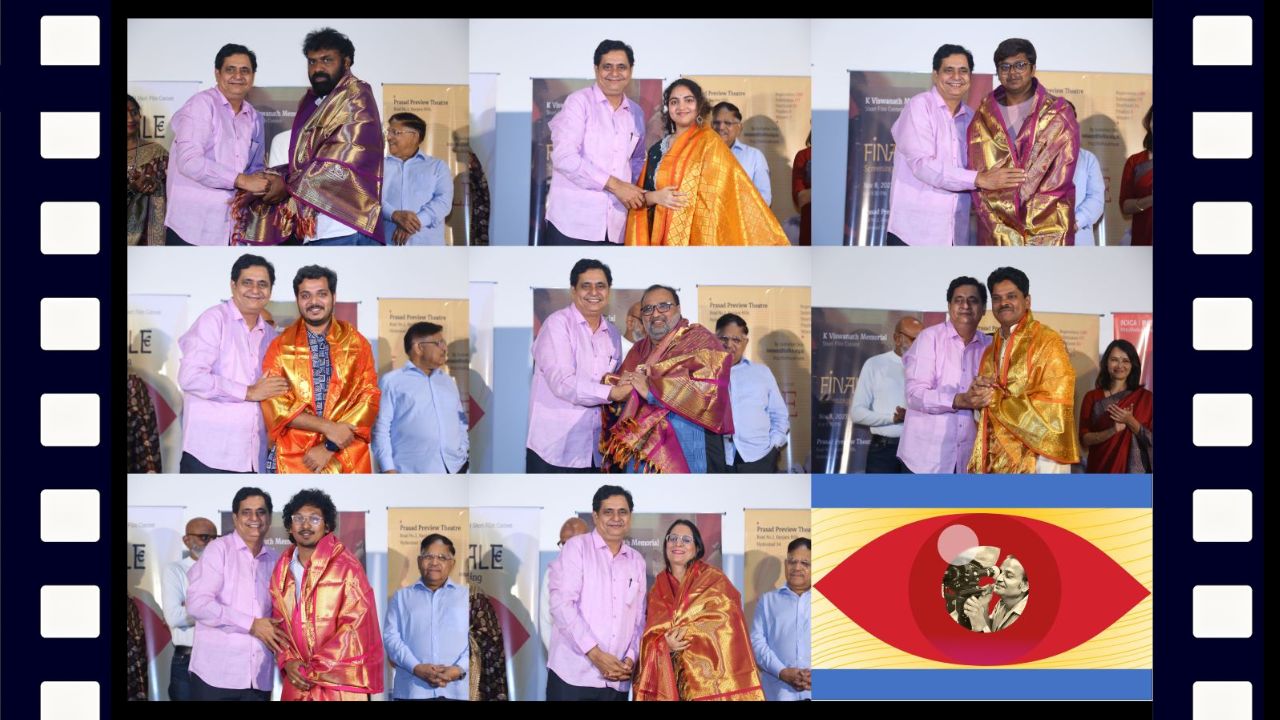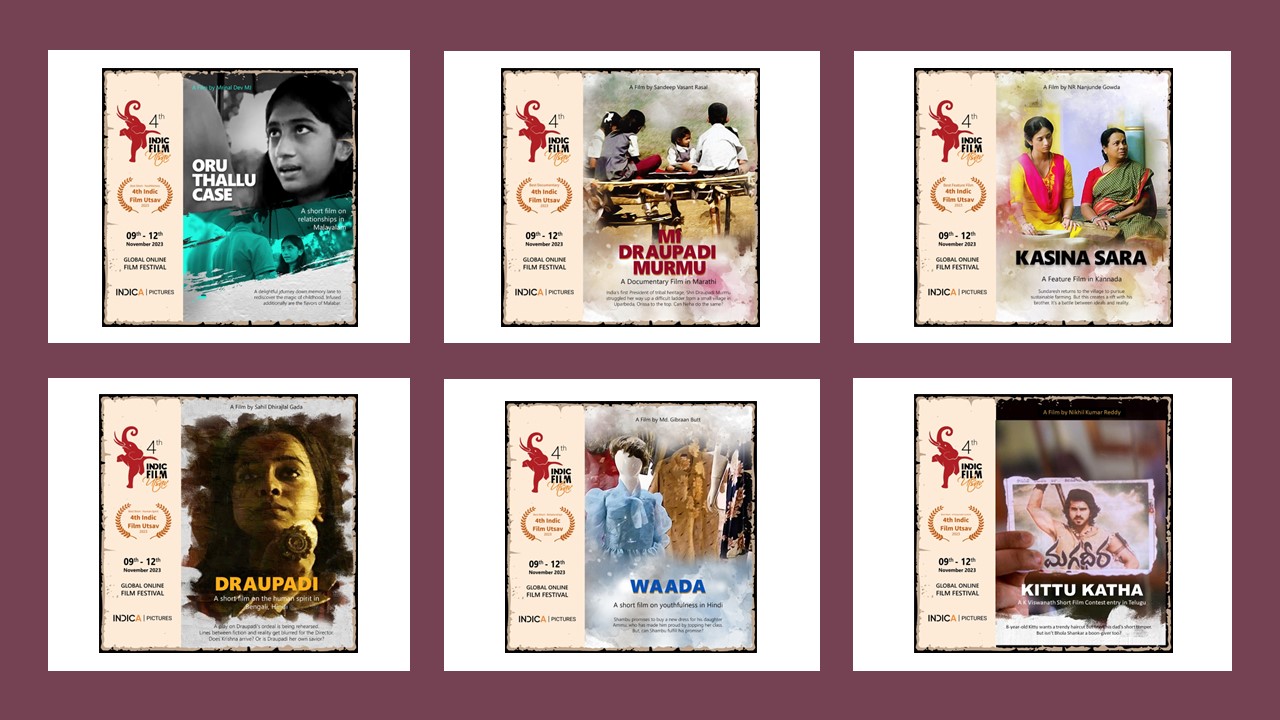Film producer Bharatbala Ganapathy has been spending the last three months going around India, despite all odds, to capture India in lockdown. To document India in footage of what India has gone through.
"How do we imagine India without its people. Where had they gone. From Benaras onwards which has always seen hundreds of millions of people. So many doors shut on us saying no permission. But so many others opened. If your idea has the merit, if you have the deep desire, nothing can stop you."
Bharatbala has hundreds of hours, 15 terabits of footage, and some amazing content of India in lockdown. "It was important to record it so that generations to come can see what we as a country went through.
Indic and Center for Softpower founder Hari Kiran Vadlamani asked Bharatbala if this documentation included coverage of migrant population's lives as they moved out of towns and if there was a special message of the problems faced by them.
In response Bharatbala said that the entire project was the telling of the human story. "It is about what we have experienced as people, anybody. The migrant story is a part of the story. We will tell a complete story, we don't want to be swayed by emotions. It is about how humanity came together. It is a painful time, but how Indians withstood the pain, what is the inner resilience, what is the strength of our people... even if they are power what is their resilience....that is what is going to shape the story."
Bharatbala spoke to Entrepreneur and Talk Show host Hari Nair today on the role of films in creating impact and influencing perceptions about India both within the country and abroad.
Three years ago when the world opened up to content online, both live streaming and recorded content, Bharatbala decided to use the skills and experience gained over three years in film making to create a 'legacy project'. "India is a big big project which requires immersion. When you go to the West, you see museums becoming a hub of learning for experiencing civilisation and culture of the world. In India, because there is so much of it, we have not been able to package it for younger audiences."
Bharatbala's mega Virtual Bharat project of 1000 films was an endeavour to experience Bharat virtually. The drivers of the project were "Each of the episodes would be about uncovering untold stories of India, make each of the films less than 10 minutes so that even if it is not of interest they may be amenable to watching it, and consistency so that there is a continuity in quality. Each film should be a gem otherwise we will not put it out."
Virtual Bharat is a success, stupendous success because it brings great film making, contemporary cinematic techniques to an immersive non-fiction film experience. Eighty films have been made and nine films have been released so far. Every film has been made in original language of the state filmed.
Cutting edge film making is evident in, for instance, Taalam, on the boatmen of Kerala. "What was special to us about that film was that here are the boatmen of Kerala who are not athletes or sportsmen, the are farmers, postmen, teachers, everyday people. But when they come and sit in the boat, there is a rhythm that has been set. The only instruction being....follow the rhythm and you will win the race," says Bharatbala.
This could well be the theme for a diverse nation. "If we follow the rhythm as a nation, the nation is winning. This was the messaging but not overtly. Where possible if it can bring about a deeper emotional connect through messaging, we do that, he says."
Bharatbala has brought youngsters into the project. "I was giving youngsters the enthusiasm and the emotion required to complete the project in a certain way. The goal is to do these 1000 films, I should have 150 cutting edge talented youngsters with me - editors, cinematographers, sound engineers, music composers and researchers."
On his thought process, Bharatbala says there have to be conversations about culture and if that can be brought through creativity, it could connect to much bigger and deeper audience. "Creativity is all about freedom, about imagination. How can you preserve the story, not change it."
In terms of softpower, Bharatbala stressed that first there has to be a domestic audience for softpower. "When the domestic audience is captured, they will resonate it around the world. The day we will be a soft power is when India embraces its culture. The power has to be felt here from Kanyakumar to Srinagar. When the people of this country have embraced diversity and see the power of this culture, everybody will be at your doorstep. When India talks to each other, when we start talking to each other as one, then our soft power will really fly. Our literature, our poetry, our arts will go deep into people. Conversations will get more robust."




